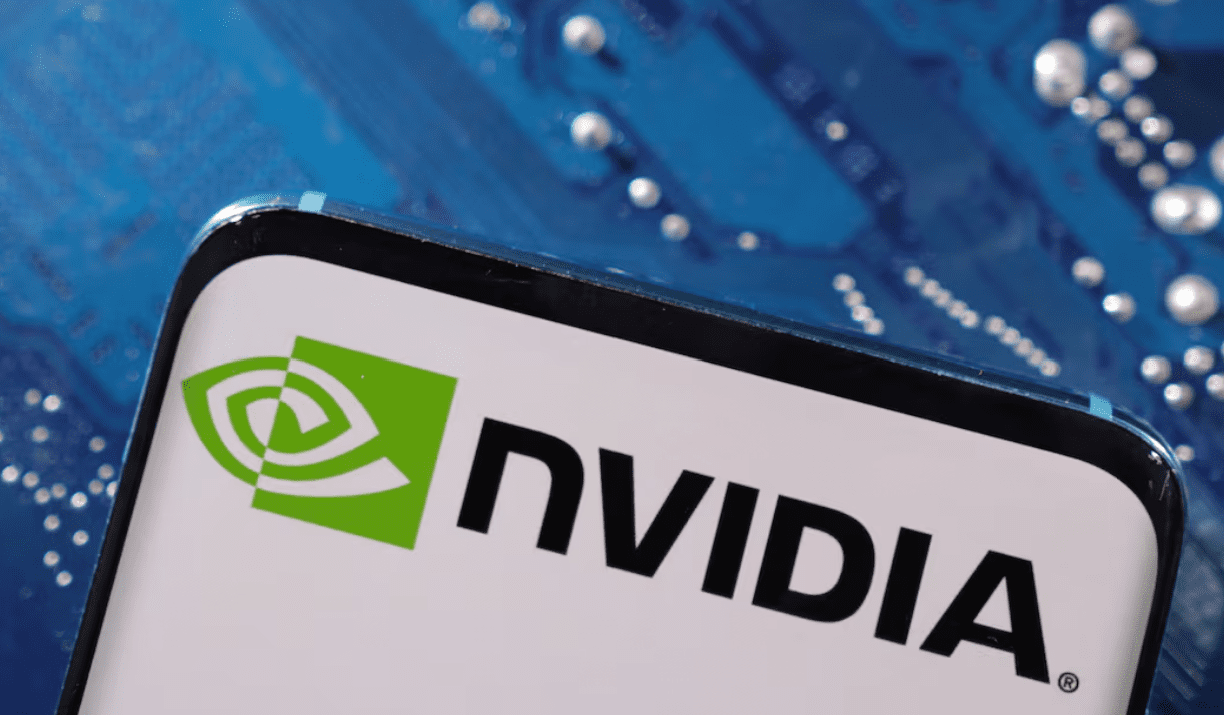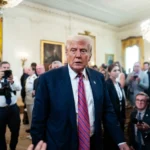The US Commerce Department has begun issuing licenses for Nvidia to export its H20 AI chips to China, a US official told Reuters on Friday, clearing a major obstacle to the company’s access to one of its most important markets.
The move comes after Washington reversed an April ban on the H20, which Nvidia had specifically designed to comply with earlier Biden-era AI chip export rules.
From Ban to Green Light
- April 2025: US bars Nvidia from selling H20 chips to China.
- July 2025: Ban is lifted, and Nvidia begins license applications.
- August 2025: Commerce Department starts granting approvals.
It’s unclear how many licenses have been issued, which Chinese firms can receive shipments, or the total value of the approved exports.
Financial Stakes Are High
Nvidia had warned that the restrictions would cut $8 billion from its July-quarter sales. In April, it projected a $5.5 billion charge due to the ban, later trimming that estimate by $1 billion after reusing some materials.
The H20 chip alone generated $4.6 billion in Q1 sales, with China making up 12.5% of Nvidia’s total revenue in the period.
Huang Meets Trump
Two sources told Reuters that CEO Jensen Huang met with President Trump on Wednesday, though the agenda of the meeting remains undisclosed. Nvidia declined comment, and the White House has yet to respond.
Security Concerns and Market Competition
China had previously voiced security concerns over the H20, but Nvidia insists the chip contains no “backdoors” for remote access or control.
While the H20 ban has been eased, exports of other advanced AI chips remain restricted, leaving room for rivals — including Huawei — to woo Chinese developers with domestic alternatives.
Big Picture: AI, Geopolitics, and Market Share
US chip export controls are aimed at slowing Beijing’s AI and defense capabilities, but they have also limited American companies’ ability to tap China’s booming AI demand.
Huang has warned that without the Chinese market, Nvidia’s leadership in AI hardware could erode — a concern echoed by Wall Street, where China is still viewed as a critical growth driver for the sector.
Disclosure: This article does not represent investment advice. The content and materials featured on this page are for educational purposes only.
Related:
Trump Explodes Over Nancy Pelosi Stock Ban
Fed Governor Adriana Kugler Resigns, Opening Door for Trump
Trump Imposes New Global Tariff Rates, Effective August 7
What Happens After Tariff Deadline and What Next 72 Hours Look Like for Markets
Trump’s Tariffs Are Real, But Are His Trade Deals Just for Show?
Figma Is Largest VC-Backed American Tech Company IPO in Years










